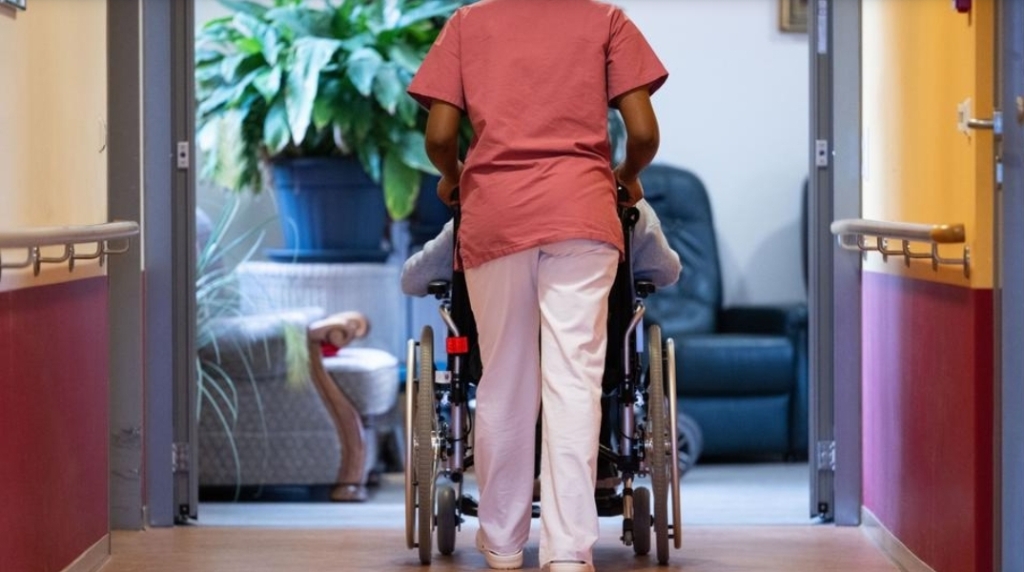Nothing works without foreign nursing 🇩🇪
- Sebastian Zangl
- 18. Okt. 2024
- 2 Min. Lesezeit
Many countries in Europe have an ever-increasing elderly population, and thus, there is a higher need for nursing staff in the nursing sector. Germany is no exception in this regard. The sector has been suffering from a shortage of staff for many years. A study by the Institute for Employment Research (IAB) now shows us that the nursing sector would collapse without foreign skilled workers - one in six nursing staff already comes from abroad.

The number of German nursing staff has been falling since 2022, and employment growth in nursing has, therefore, only been driven by foreign employees since then. The need remains huge. Nonetheless, from 2013 to 2023, total employment rose by 26%, with foreign skilled workers achieving a disproportionately high growth in employment in geriatric care by 272 percent to almost 87,000 people.
In nursing, an increase of 109,000 foreigners was observed, increasing employment by 256%. In nursing, the foreign share of all nursing staff increased from 4.9 to 14.5 percent in ten years. In geriatric nursing, the share was 18.9 percent in 2023, and twelve percentage points higher than in 2013.
"Foreign nursing staff are thus making a significant contribution to cushioning the demographically-driven decline in German employees," said IAB researcher Seibert. At the same time, they are helping to ensure that the labor shortage in nursing does not become even greater and that nursing operations are thus maintained.
In 2023, more foreigners from outside the EU than from within the EU were working in Germany. If they come from within the EU, they often come from Poland, Romania, and Croatia. Serbs and Turks make up the majority of nursing staff from third countries. A particularly large number of staff come from countries with recruitment agreements, such as Bosnia-Herzegovina, the Philippines, India, Tunisia, and Vietnam.



Kommentare